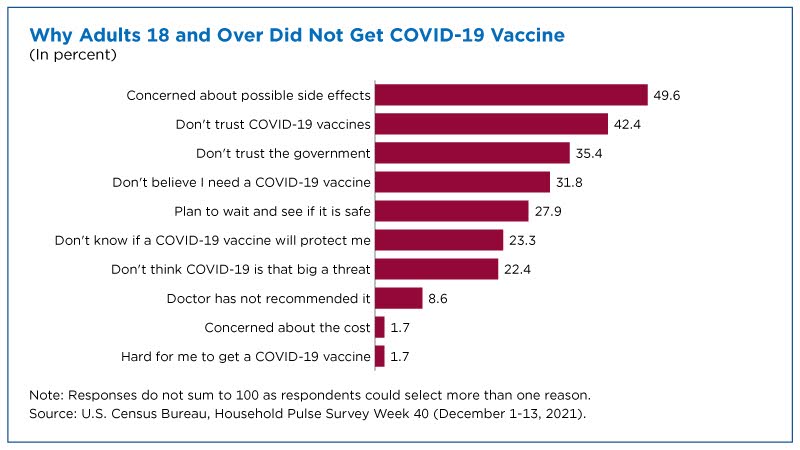In The Politics of Autism, I analyze the discredited notion that vaccines cause autism. This bogus idea can hurt people by allowing diseases to spread. And among those diseases could be COVID-19.
Antivaxxers are sometimes violent, often abusive, and always wrong.
At the European Journal of Paediatric Neurology, Lidia V. Gabis and colleagues have an article titled "The myth of vaccination and autism spectrum." Abstract:
Background
Among all of the studied potential causes of autism, vaccines have received some of the most scrutiny and have been the topic of many evidence-based studies. These efforts have led the great majority of scientists, physicians, and public health researchers to refute causation between vaccines and autism.
Rationale
This presumed association and concern has been a major contributor to parents’ refusal to immunize their children and has become a major threat to public health in secluded populations over the last two decades, even prior to the COVID-19 pandemic. With the emergence of COVID-19 immunizations, sentiments towards this topic were addressed as a public health concern that may influence the ability to overcome the Corona virus worldwide.
Scientific review of data
Despite the overwhelming data demonstrating that there is no link between vaccines and autism, many parents are hesitant to immunize their children because of the alleged association.
Other contributing factors to the myths and conspiracy theories surrounding the association between vaccines and autism include the fact that the diagnosis of autism is typically made after the age of receiving the main childhood immunizations, as well as the occasional occurrence of regression after the age of first year vaccinations. In spite of vast evidence that the main contribution to the increase in incidence is from improvement of the diagnostic process, this rapid and publicized rise in autism diagnoses feeds parental concerns regarding any medical intervention that may be associated with the health of their children.
Recommandations
It is plausible that with more evidence-based studies linking autism to specific etiologies the myth will diminish and disappear eventually. In an era where conspiracy theories are prevalent on social media, it is critical that evidence-based studies relating autism to specific etiologies be made public, and that information concerning autism diagnosis and causes be made more readily available through social media and parental organizations.
From the article:
Conspiracy theories are reinforced by the very basis of Internet search engines. There are “discussion groups” on any topic and user communities. Searching for information will inevitably lead to any source of information, regardless of its validity. Opponents of vaccines build sites, discussion groups, etc., so that a “reasonable person” who writes the phrase “vaccines, autism, against” this will inevitably reach sites that deal extensively with the subject, and that may seem scientific and authoritative the general public and may create a false representation of the topic. Communication styles within the media revealed that vaccination and antivaccination comments use different kinds of language in their communication of information In addition, the vaccine-skeptical sites were highly interactive, with spaces for community discussion, and oriented towards the creation of people that believe to be affected by vaccination. In contrast authoritative pro-vaccination sites offer limited interactivity and focus on evidence-based knowledge and perceived as aloof and dictatorial.

